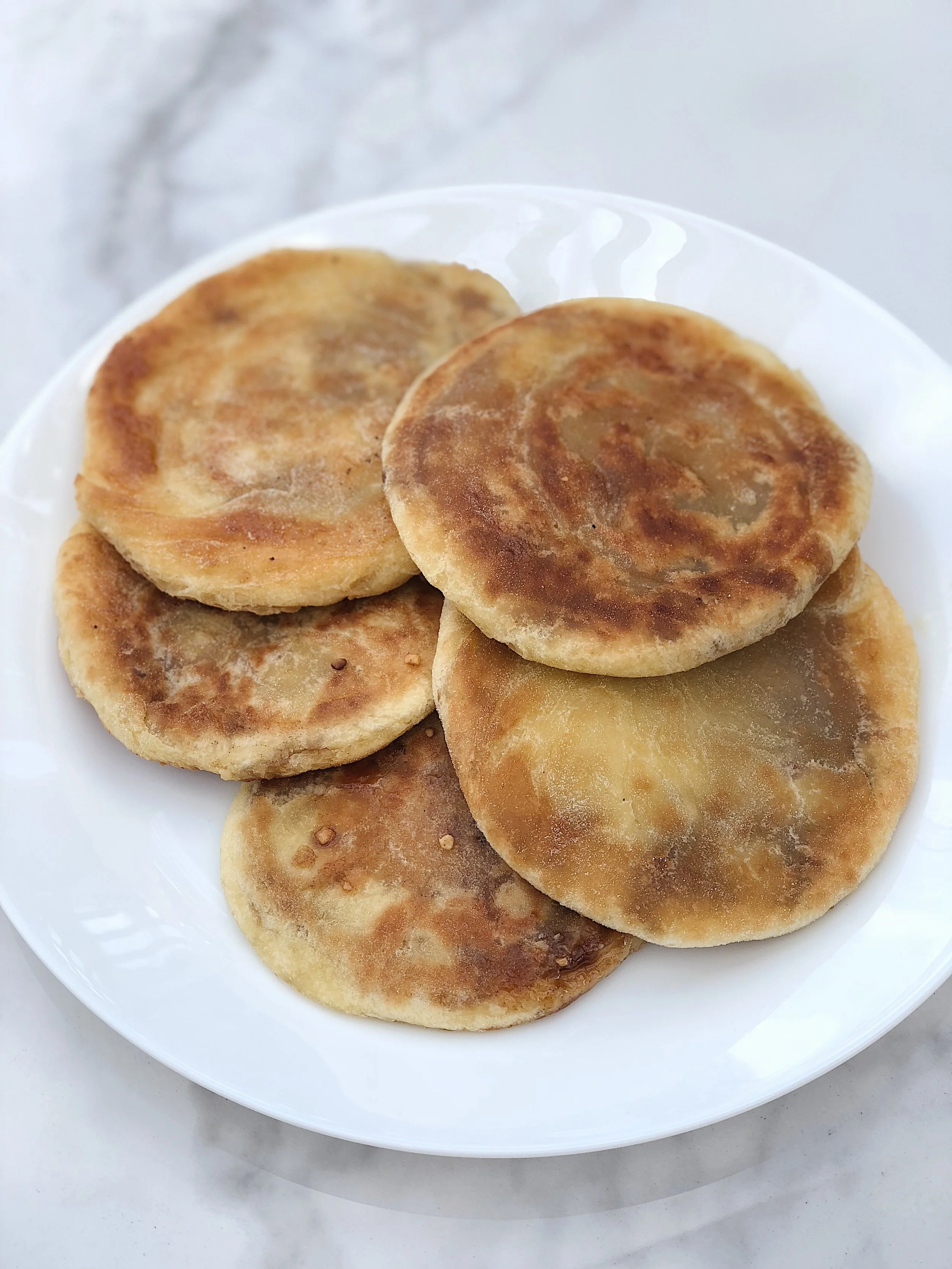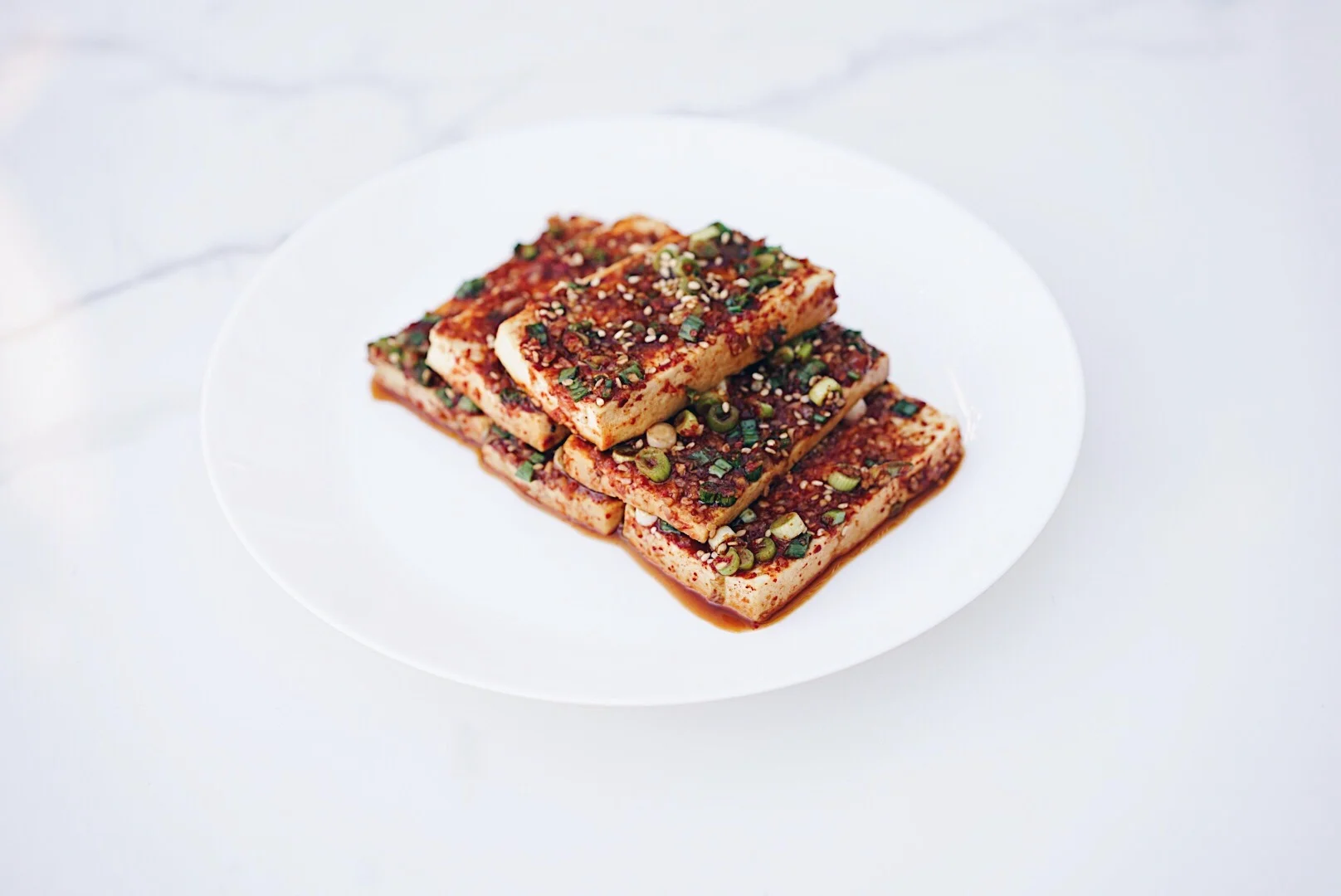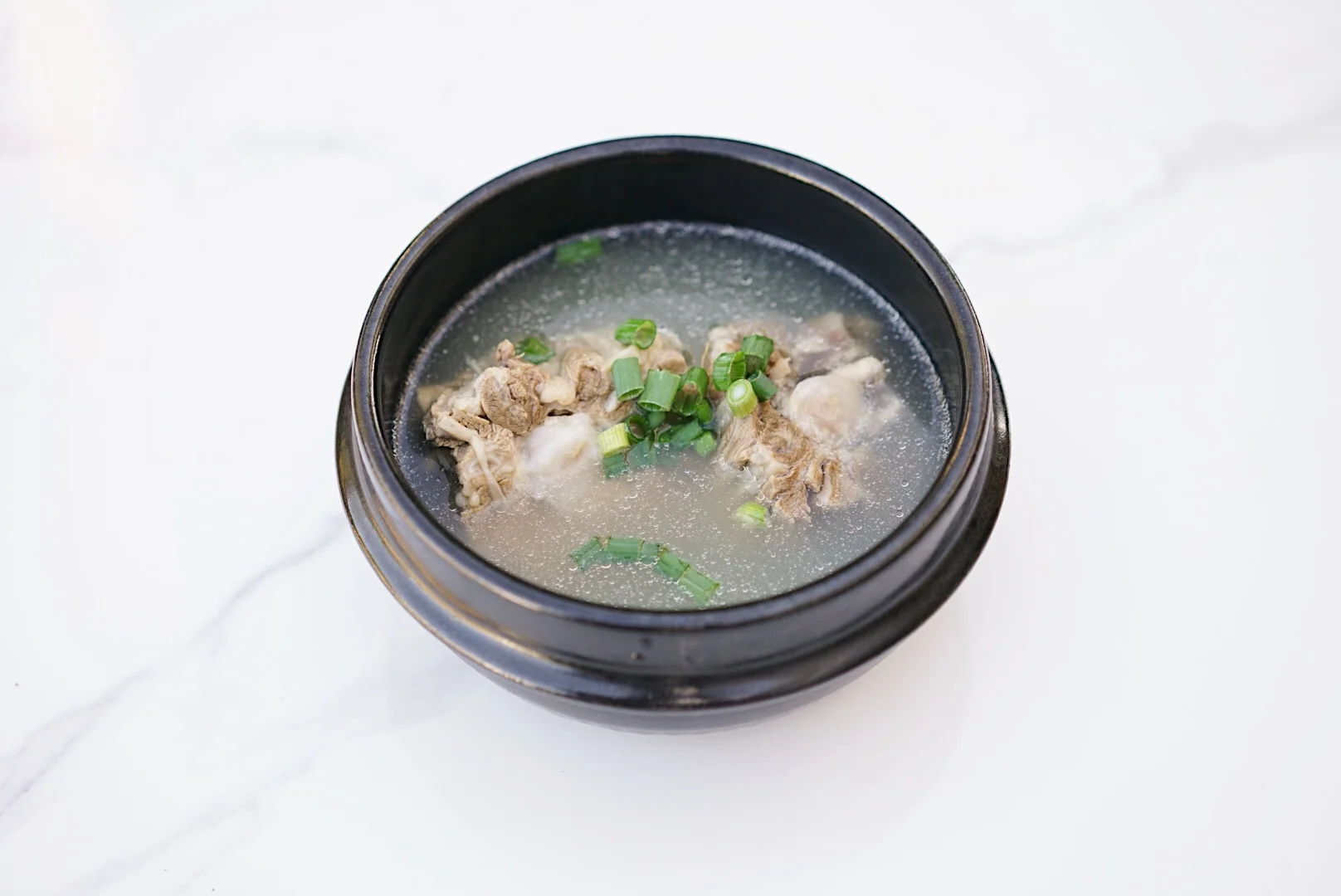Korean Cuisine: A Shared Experience
As I was watching the Opening Ceremony for the Pyeongchang Winter Olympics, I couldn’t help but feel proud to see the Olympics return to South Korea. It's amazing how quickly the small nation has developed and advanced to become such a global leader in entertainment and technology.
Despite being born and raised in the states, I’ve always had an affinity for all things Korean. Korean dramas, Kpop music, Kbeauty and of course, Korean food. So it seemed only fitting to write about my love for food and passion for cooking, because both deeply stem from my Korean roots. As a Korean American raised in Southern California, I never had to deal with trying to define my identity or having to find a balance between two cultures. I embraced both with open arms. I was as much Korean as I was American. I loved kimchi as much, if not more than I loved french fries.
My love for my Korean culture began and was cultivated in the kitchen. I was fortunate to have a mom who, despite working 7 days a week, was an amazing cook, who made sure to have a home-cooked meal prepared for our family every night. She basically taught me everything I know about cooking. I’d sit on the countertop and watch her, mostly just waiting with anticipation for her to let me “sample” whatever dish she was preparing, but also to listen to her as she would tell me stories from her childhood and share the history behind each cuisine that she prepared.
It was through these “lessons” I discovered that food is a defining element of Korean culture. With cold winters, warm summers and long autumns, food is directly related to Korea’s geography, climate and location. Each region has dishes they are best known for and unique to its climate. In the valleys, rice, beans and vegetables are abundant, whereas in the mountains, mushrooms and wild plants and roots thrive. Most Westerners are most familiar with “KBBQ”, but Koreans were originally seafood conossieurs. A small peninsula, surrounded by water, seafood is a staple of the Korean diet. And of course, let’s not forget kimchi. Probably the most common food associated with Korean cuisine, you can now find this fermented dish on the menus of famous restaurants and gracing the refrigerator aisles of popular markets such as a Whole Foods. Koreans have perfected the art of preserving food through fermentation because it was essential to surviving the cold winters and hot summers. However, despite what Koreans eat or how the food is prepared, Korean food is essentially all about family and eating is an experience, meant to be shared.
With both parents working full time, dinner was the only time of the day where we could sit together to share stories of our day and indulge in each other’s company. My mom did more than pass down recipes, she passed down authentic stories and rich history, while making sure to instill the values of hard work, family and respect. It was thanks to her that I developed a passion for food, which eventually served as the catalyst for wanting to discover more about my culture and heritage. It also further developed my love for traveling and helped me to see that food truly is a transcending experience into other cultures.
I pray that I can someday create these same memories with Taylor and hopefully share my own stories and experiences with some of you along the way.
xoxo,
Su






